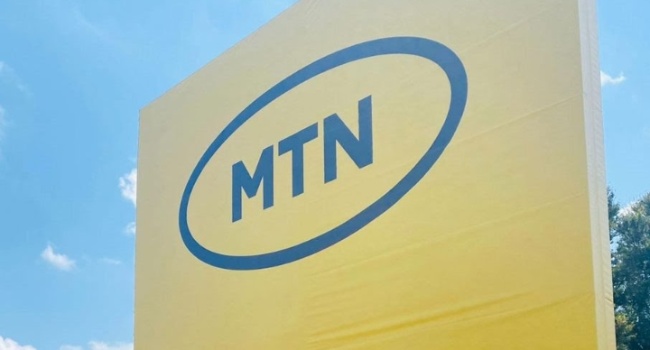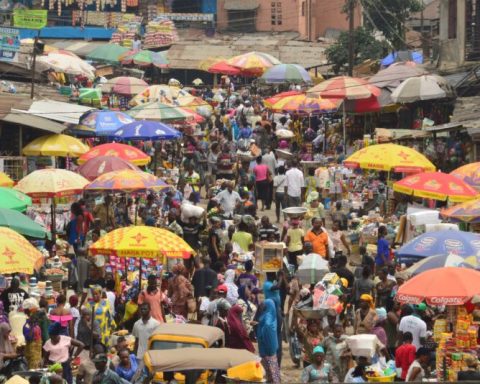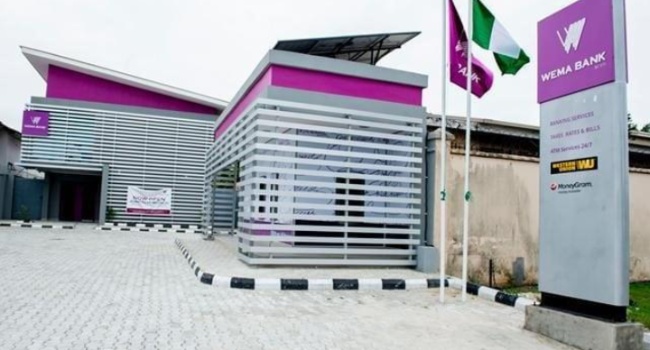The inflation rate has become a global concern, impacting economies at various levels. In Nigeria, consumer prices accelerated to a near-three-decade high in April, hitting 33.69%.
This surge has tightened spending power and led to a cost of living crisis. Central Bank Governor, Olayemi Cardoso, remains cautiously optimistic, stating, “We expect the country’s headline inflation to decrease later in the year as we implement more stringent monetary policies.”
Join our WhatsApp ChannelMeanwhile, in the United States, the Consumer Price Index (CPI) saw a minor decline from 3.5 per cent in March to 3.4 per cent in April. Analysts predict that this figure may rise marginally as the world’s largest economy grapples with inflationary pressures.
On the domestic front, the National Bureau of Statistics (NBS), is set to release its rail transportation report for the first quarter of 2024. Last year, the railway transport system generated N6.07 billion, marking an 8.5 percent increase from the N5.5 billion recorded in 2022. However, the number of passengers decreased significantly from 3,212,948 in 2022 to 2,182,388 in 2023, while the volume of goods and cargo transported more than doubled, highlighting shifting trends in the sector.
READ ALSO: Just In: Nigeria’s Inflation Rate Hits 33.2%- NBS
The Organisation of the Petroleum Exporting Countries (OPEC) will release its monthly oil market report on Thursday. Nigeria, after months of declining oil production due to theft and high production costs, saw a surge in output in April, averaging 1.28 million barrels per day (bpd). This marks a 4.07 per cent increase from March’s 1.23 million bpd.
“Despite the challenges, we are making progress,” said Heineken Lokpobiri, Minister of State for Petroleum Resources (Oil)”Our aim is to stabilise and eventually increase production to meet our budgetary benchmarks.”
The U.S. Bureau of Labor Statistics is also preparing to release its May inflation figures. In April, the CPI increased by 0.3 percent for the month and 3.4 percent year-over-year. The cost of shelter and gasoline were the primary contributors, with gasoline prices jumping 2.8 percent. Food prices remained stable overall, with some categories, like eggs, seeing significant price drops. “The Federal Reserve is closely monitoring these trends,” said Jerome Powell, Chair of the Federal Reserve. “We will consider all factors before making any decisions on interest rates.”
On Saturday, the NBS will release Nigeria’s May inflation report. Analysts at Afrinvest Consulting Ltd. project a slight increase to 34.3 percent year-on-year, up from 33.69 percent in April. The persistent rise in inflation is attributed to high energy costs, exchange rate fluctuations, and ongoing security concerns affecting agricultural productivity. “We are taking all necessary measures to combat inflation,” said Central Bank Governor Olayemi Cardoso. “Our goal is to bring it down to 21 percent by the end of 2024.”
The Nigerian naira has also faced challenges, struggling to stabilize against the US dollar. Following a rate hike by the central bank in May, the naira temporarily strengthened but has since fluctuated, trading at N1,476 per dollar in the official market. Bismarck Rewane, CEO of Financial Derivatives Company, predicts the exchange rate will stabilize between N1,350 and N1,450 per dollar over the next 12 months. “The key is to maintain consistent monetary policies and manage demand effectively,” Rewane commented.
In summary, inflation remains a significant challenge worldwide, with countries adopting various strategies to mitigate its impact. From Nigeria’s high inflation and fluctuating naira to the United States’ moderate CPI changes, the global economic landscape is continuously evolving. Policymakers and financial institutions must remain vigilant and adaptive to navigate these turbulent times
Emmanuel Ochayi is a journalist. He is a graduate of the University of Lagos, School of first choice and the nations pride. Emmanuel is keen on exploring writing angles in different areas, including Business, climate change, politics, Education, and others.




















Follow Us